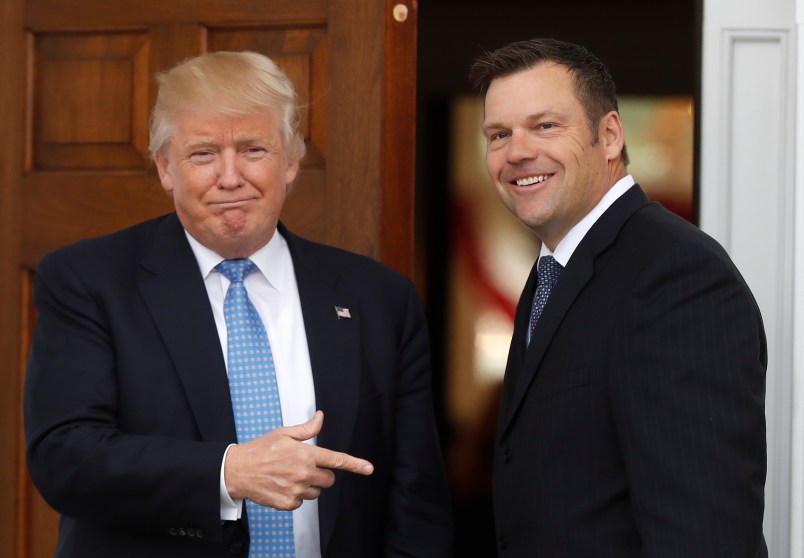When we think about the politics of this moment and how we can predict, even in general outlines, what is to come, the most salient question is whether political gravity still exists and functions. By any historical standard, President Trump is almost catastrophically unpopular. Presidents enter office with high approval ratings, usually well over 60%. By most measures, Trump is already under 40%. Presidents seldom get more popular than they were at the outset.
By every standard, Trump is courting even greater unpopularity and sowing the seeds of an electoral backlash in two years. And yet, history shouldn’t have allowed us to get here in the first place. By most conventional wisdom it should have been extremely difficult for Donald Trump to be elected President. And yet he was. So today people on both sides of the ideological divide – half emboldened, the other half demoralized – think that political gravity simply doesn’t apply anymore.
Is this right?
My own read is that we’ve gone from a relatively small but still critical misread of the electorate that allowed Trump to win to many people thinking that no rules or guideposts apply at all. This is not right. Trump won as a minority president who was disliked even by many of his own voters, proceeded to make himself less popular and yet somehow none of this matters and he’s unstoppable. I don’t believe this is so, even as I recognize that all of us need to apply more scrutiny to what we think we know, to changes in how political gravity works.
But as we look at Trump’s chaotic first week in office, rumblings at least of Republican discomfort if not discontent and a wave of protests around the country, we should remember some critical things. Resistance to Trump and anti-Trump activism is a critical precondition of turning back to Trumpite tide. But it is not a sufficient one. I appear to be considerably more confident than a lot of other people I know that Republicans may face a big electoral backlash in 2018. But if it happens it will happen because of grassroots organizing in red states and the red parts of blue states. The cities are already overwhelmingly Democratic. The fight is really outside the major cities. Nor is it just geographical. Trump’s power will be broken most on issues like health care – some mix of Medicare, Obamacare repeal, etc. These are issues that cut across the urban/rural divide.
I want to head off any misunderstanding that I’m saying the current protests either don’t matter or represent some kind of flawed strategy. Not at all. They are absolutely critical. But they are not enough.
So a few questions. Who is starting to criss cross the country now recruiting candidates? Are they candidates that can win marginal districts? What people or groups in the political realm are creating databases of people likely to be affected by Obamacare repeal for political mobilization? What is the message?
Let me take a stab at the last one. Midterm elections are not for President but they are almost always about the President. One doesn’t need to support the opposition party to want to put some brake on an unpopular or unpredictable President. Putting a check on President Trump’s power will be a powerful mid-term message as long as he’s under 50% approval and a very powerful message if he stays under 40%, which seems much more likely.
Put me down as a gravity believer. I think the White House and the entire GOP are setting themselves up for a 2018 reckoning. But it won’t happen automatically. It requires activation of the Democratic base, which is already happening with dramatic speed. Just as much it requires cutting into the non-big city territories with specific messages which divide Trump from his voters or potential voters.
We hear people constantly saying ‘Nothing will change his supporters’ minds. They’re with him no matter what.’ First of all this is enervating defeatism which is demoralizing and loserish. But it also misses the point. It is factually wrong. For the supporters those people have in mind, they’re right. They’re true believers, authoritarians who are energized by Trump’s destructive behavior. But there are not that many of those people. A big chunk of Trump’s voters voted for him in spite of their dislike. Those people can be carved away. But Democrats will regain power by winning it in what amount to our 21st century internal American borderlands, not in the big cities or rural areas mainly but in between. So what’s happening now to lay that groundwork for 2018?






